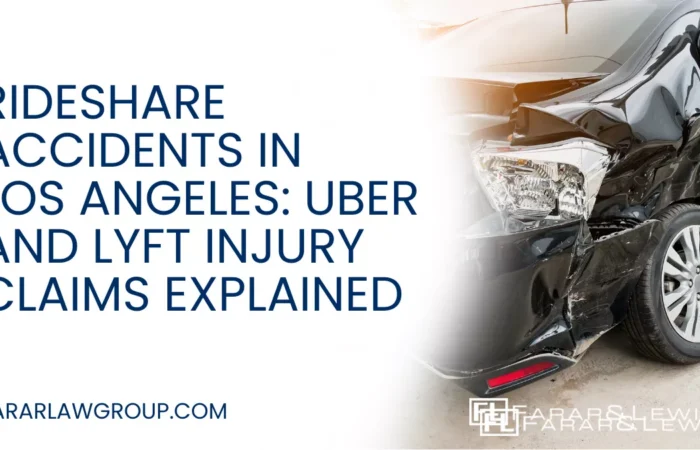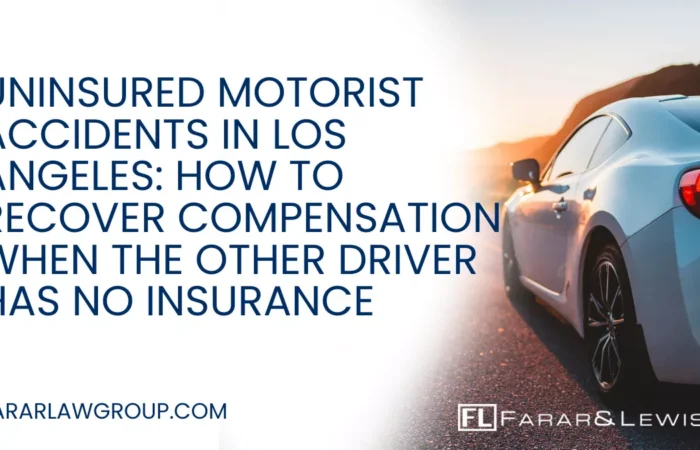When you have been injured in an accident due to the fault of another driver, it can be a stressful situation. You want to ensure that you get the compensation you deserve for your injuries and the damages to your car. However, you’ve heard of many instances where injured parties said the wrong words to the other insurance company and botched their chances of receiving compensation. So, what should you do?
Only Notify The Other Insurance Company Of The Accident
It’s important to ensure the other driver’s insurance company is notified of the accident so that you can get the claims process started. You don’t want to assume the other motorist contacted their insurance company, as this may not always be the case. Notifying the insurance company should be a simple process that includes giving them the date, time, and location where the accident occurred.
If the insurance company asks you more information, such as who was at-fault, don’t answer their question. They may ask you to give a recorded statement, which is something you never want to do. Only stick to the specific details of when and where. Anything above and beyond that should not be discussed.
You need to realize that insurance adjusters are trained to help limit the number of liability claims that company has to pay out. This means they will pay very close attention to everything you say and see if they can pick out any discrepancies in your story. In addition, they will try to see if there is anywhere where you could be held partially liable for the accident so they don’t have to pay out for all the charges of the claim.
Don’t Ever Discuss Your Injuries
One major mistake that individuals make when filing a claim with an opposing insurance company is talking about their injuries. You should absolutely never talk to the other insurance company about the injuries you incurred from the auto accident. Let your lawyer and your medical report speak for itself.
It’s very common for insurance companies to try and contact accident victims regularly to get them to admit the progress of their injuries and treatments. Anything that you say describing your injuries or treatment can be used against you in the claim. Many insurance providers will look for any scrap of information they can use to discount the amount of money they have to pay out to you for the claim.
You Always Have The Option To Contact Your Lawyer
If you don’t feel that you are able to contact the other person’s insurance company without making a mistake on what you’re telling them, then don’t call them. Instead, talk to your personal injury lawyer and have them associate with the insurance company on your behalf. Your lawyer will know the pertinent information the other insurance company will need to pay the claim and will only give them that information.
You should always consult your personal injury attorney in the event that you receive any forms from the insurance company. It’s very common for the at-fault insurance company to urge you to sign medical release forms. Many adjusters will say these forms will help them to verify your injuries so that you can get paid faster.
These medical release forms actually authorize the at-fault insurance company access to all your medical records. The forms are not just to release the information about your injuries from the accident. You don’t want the other insurance company to gain access to all your medical records as they may try to use that information against you during the claims process. You have a legal right under the HIPAA Medical Privacy Act to keep your medical records private from the general public.
The Rules In No-Fault States
If you currently live in one of the twelve no-fault states, then you will have to speak to your own insurance adjuster about the accident. Many insurance agencies require in their policy contracts that their insured must give them statements regarding any auto accident claim they wish to file. You may still have your lawyer present at the time that you contact your own insurance company to ensure you are only stating the minimum needed.


